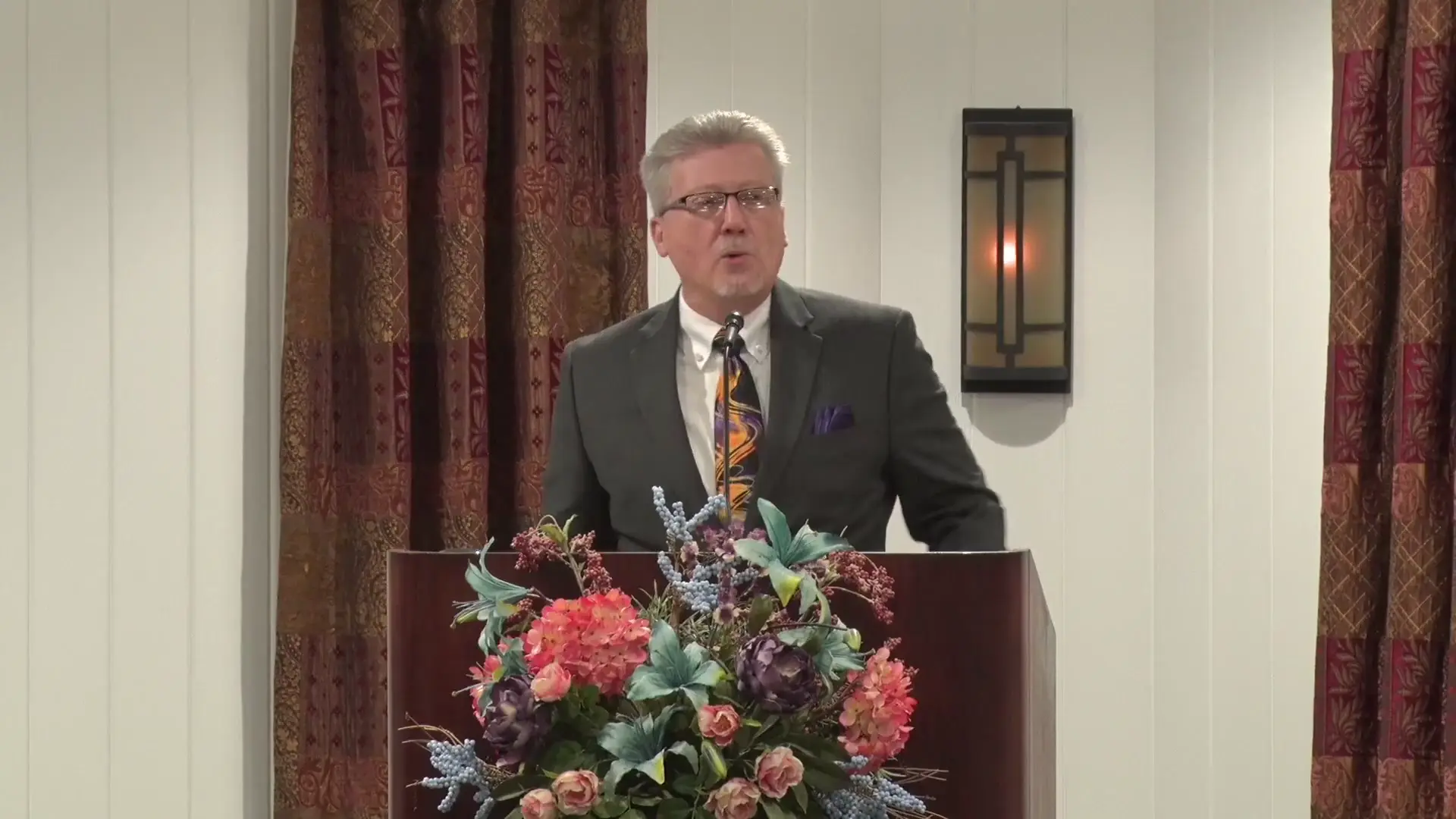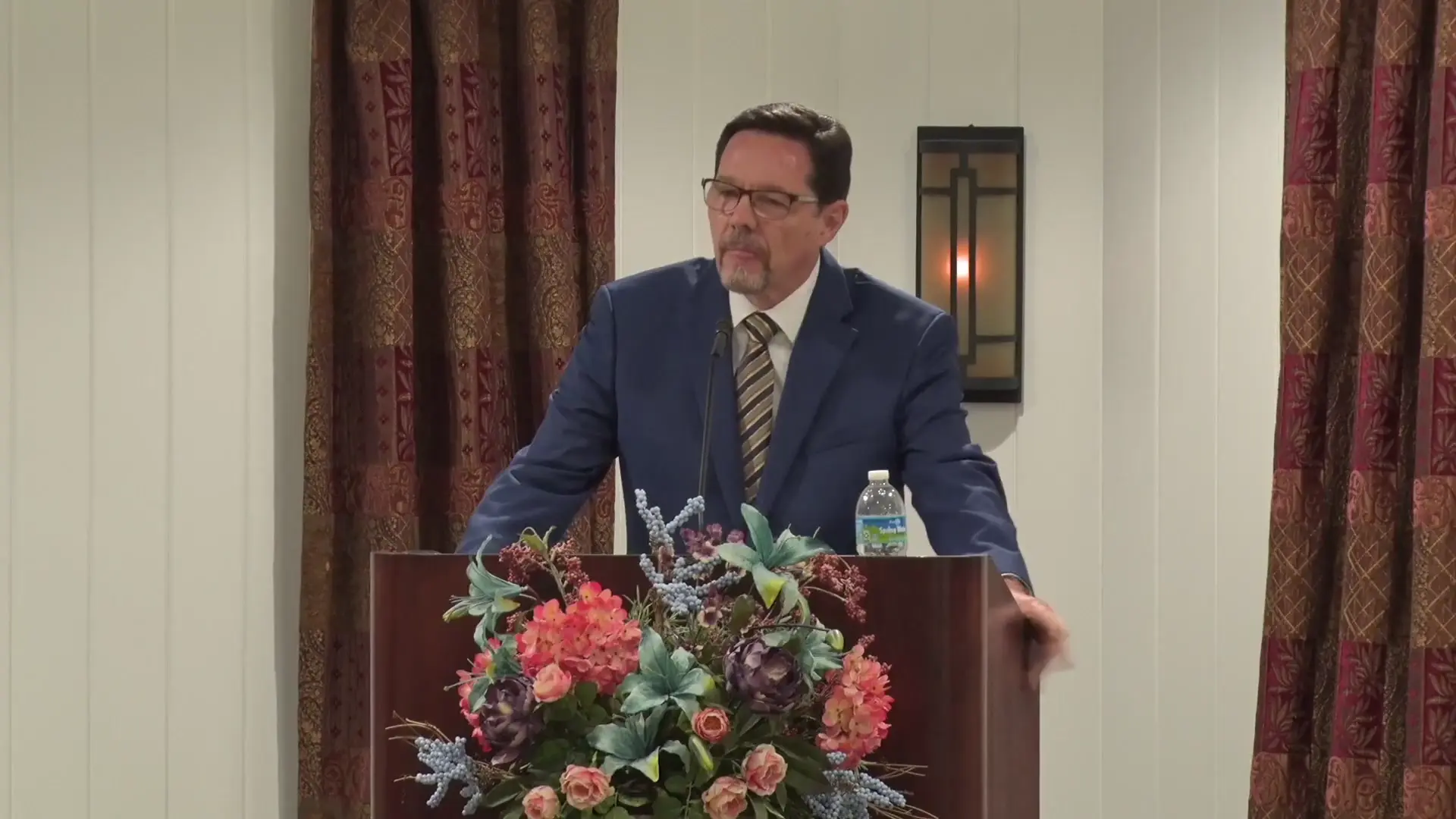Filter by Categories
Blame Games
Sermonette by Joseph B. BaityThe tendency to point fingers at others is hard-wired into human nature. Mistakes are the portals of discovery if we admit them and learn from them.

Lessons From Saul and David
Sermon by Ted E. BowlingGod chose both Saul and David, the first complying with the people's choice (judging by outward appearance and stature), the second by judging inwardly.

How Much of the Mind of Christ Do We Have?
Sermon by David C. GrabbePossessing the mind of Christ is a lifelong process rather than a quick transformation. True unity requires seeking Christ's mind through faith, humility, and love.
The Imposter Syndrome
Sermonette by Joseph B. BaityThe Imposter Syndrome leads to an identity crisis with an exterior covering or facade that protects exposure of internal feelings of inadequacy.
Self-Government and Responsibility (Part Three)
Sermon by John W. RitenbaughJacob's Trouble, or the Great Tribulation, comes about because people are not meeting their God-given responsibilities: keeping His Commandments.
Teaching Us to Think (Part One)
Sermon by Richard T. RitenbaughGod is putting His children through a demanding educational program designed to teach godly values and impart spiritual maturity. Learning is hard work.

Joshua's Four Miracles (Part Two)
Sermon by Richard T. RitenbaughThe life and leadership of Joshua provide a metaphor for the Christian journey following baptism, a path marked by spiritual warfare, growth, and trust in God.

Have You Become an Example to All Who Believe?
Sermon by Martin G. CollinsWhether we are called to welcome others, speak truthfully, keep commitments, or guard our own speech, credibility flows from consistent daily actions.
Soldier On! (Part Two)
CGG Weekly by John ReissGod does not want us to allow hardships to paralyze us. Instead, He wants us to learn the lessons inherent in the trial and move forward in faith.
Ecclesiastes (Part Four; B)
Sermon by John W. RitenbaughGod manipulates events to occur at precisely the right time. The timing God uses for us are just as precisely planned and scripted as they were for Christ.
As Much as Depends on You
Sermon by Martin G. CollinsThough we are sometimes confronted with conflict, we have a duty to make peace through exercising love. Unity and peace are fruits of God's Spirit.